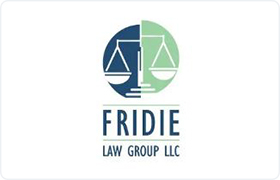Blackwood Adoption Lawyer, New Jersey
Sponsored Law Firm
-
 x
x

Click For More Info:
-
Fridie Law Group L.L.C.
101 Route 130 Suite 306, Madison Building Cinnaminson, NJ 08077» view mapDivorce & Family Law We Fight For Your Rights
Reach out to us today for legal help on your case. We're available for free consultations and return all calls and emails within 24 hours.
800-859-9690
FREE CONSULTATION
CONTACTHoward S. Mendelson
Age Discrimination, Affirmative Action, Alimony & Spousal Support, Adoption
Status: In Good Standing
Donald C. Cofsky
Residential Real Estate, Land Use & Zoning, Real Estate, Family Law, Adoption
Status: In Good Standing
Daniel K. Snyder
Alimony & Spousal Support, Child Support, Adoption, Children's Rights
Status: In Good Standing
Carol Fabietti
Adoption, Alimony & Spousal Support, Child Support, Children's Rights
Status: In Good Standing Licensed: 41 Years
Allyn Marie Smedley
Family Law, Divorce, Adoption, Divorce & Family Law
Status: In Good Standing Licensed: 19 Years
Thomas John Jenkins
Family Law, Divorce, Adoption, Divorce & Family Law
Status: In Good Standing Licensed: 40 Years
 James Fridie Cinnaminson, NJ
James Fridie Cinnaminson, NJ Practice AreasExpertise
Practice AreasExpertise
